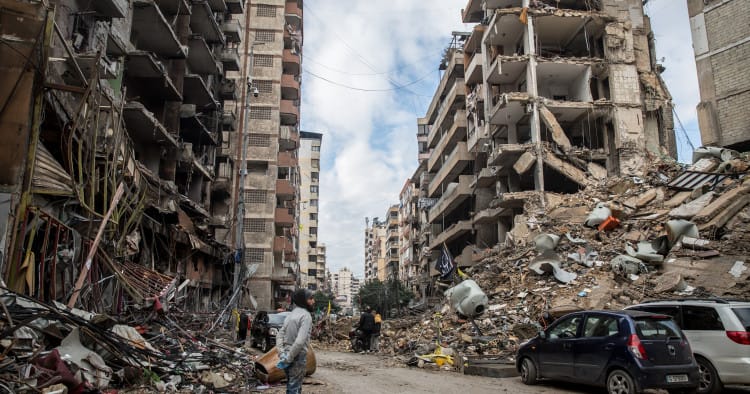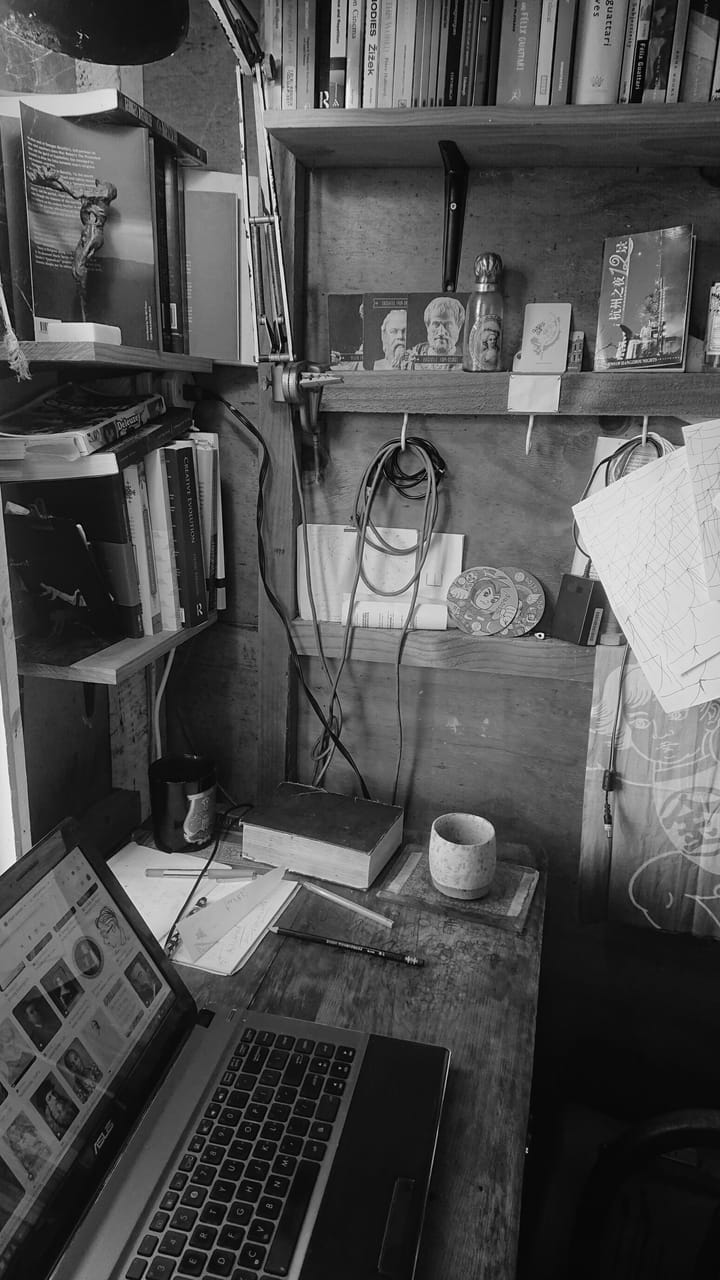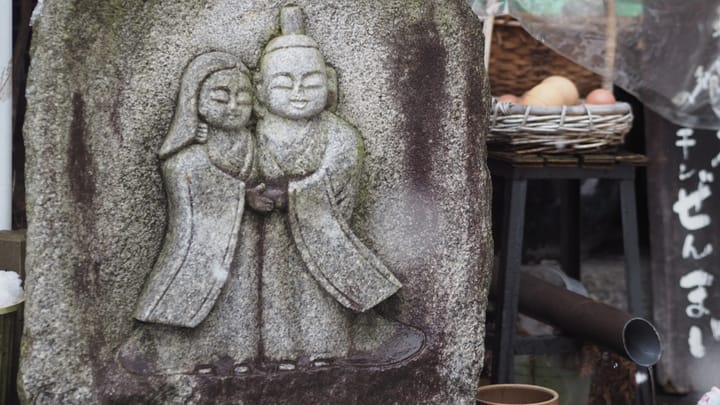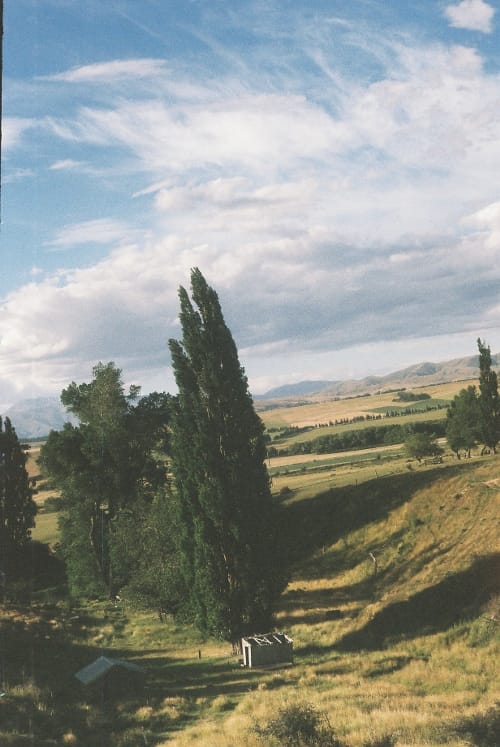some lines after Jim Moore*

Jim Moore writes,
Sometimes the world won’t let itself
be sung. Can’t become a poem. And
Sometimes, REM sing, everybody hurts and cries
sometimes. I know the world is wrong
I know sometimes a man is wrong, sings
David Byrne, and—Michael Stipe, Hold on
Take comfort—whereon shall I take comfort?
Show me, growls Leonard Cohen the way
in a song, we are sane sometimes Jim Moore writes
sanity is not enough, he says, but is it—
sane to sing? is it wrong some
Times won't let themselves be sung
the world won't let itself become a poem
this is the subject of Paul Celan, Ché-lan,
A Romanian in Paris who would not leave it
for Jerusalem, who would not let himself
become a Zionist and condemned himself like
Kafka to write in German, like Wyndham Lewis
in Canada. Celan attached himself to his bureau and
threw it in the Seine, and himself, his subject
was also the wound of the Holocaust
which is in the wind, which in the wind
is the smell of almonds. Die Welt
lässt sich nicht schreiben, Theodor
Adorno said something like, for the world
after Auschwitz to let itself be written
in a poem is barbaric, sometimes, at
mornings and at nights, a man
plays with the snakes he writes, writes
Celan, and drinks, he drinks the Seine
but it's not enough. O say, poet, Rilke
was asked, Rainer Maria Rilke, his full
name clogs up the line, what you do?
I praise, he answered, But the dreadful
and monstrous, how do you hold out, how
do you take it? he was asked. I praise,
but, but, insisted childishly his
persistent critic. I praise, I praise
was the reply. What right have you, in each
costume and every mask, to say true?
I praise. And for the silence and the
fury, like star and storm, to know you?
Because I praise. The prick of a rose
was said to announce the poet's sickness
because the wound never healed. John Burnside
relates the story—and to the photograph of
Nimet Eloui Bey for whom he was gathering
roses a sad story is attached: Lee Miller
took it. Her affair with the great
Egyptian beauty's husband, as she was
acknowledged to be, led to her
suicide. In Paris, although
the story is disputed. Adorno must
have had in mind the barbarism
specific to the times and
civilisation—and the wound
grew and grew and she drank
and drank like the poet in the Seine
who didn't see it that way. Before him
the massacre. Into the same Seine
police head Maurice Papon drove the
Algerians. And after him into the
final darkness Benjamin Netanyahu,
the sons and daughters of Palestine
and their sons and daughters and,
from the preceding generations,
Palestine. The world let them
be taken and their poets taken
because sometimes the world
won't let itself be sung. Can't
become a poem, who will stop it?
Who will stop song will also stop
memory. We are some time after
Celan, but not so long, Listen
from the silence
to the silence
Who gave you the right,
the persistent critic babbles
to the fruit of Paradise or
the name of Palestine, and
takes it away! show me Jim Moore
writes in a poem, if you can,
show me, sing, he means but writes
how to be you. Silence
the silence that he says he loves
beyond any reason or defense,
so praise him to the silence
that continues after song
because without praise there is none
and in the darkness, because without
praise . . . for the same reason then
with the same defense. As clever as
the fingers that pick the apples
that throw grenades into the schoolyard
thrown below by the young men
and women of the IDF
like apples, praise the young
they are like apples, the younger
down below, like petals, they
are singing, down to us
as simple as this,
who does the silence praise?
and who, the darkness?
who does the silence serve?
and who, the darkness?
I'm thinking of a poem
as clever as this.
(26 May 2025)
*Jim Moore, poet


